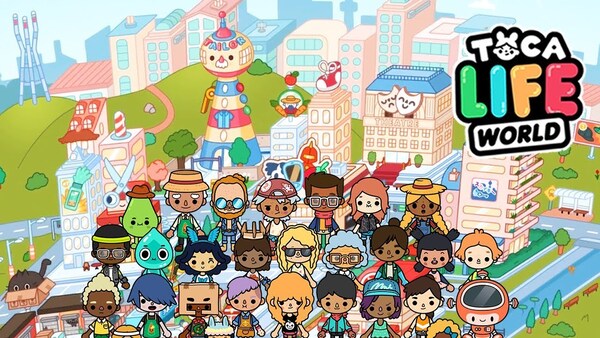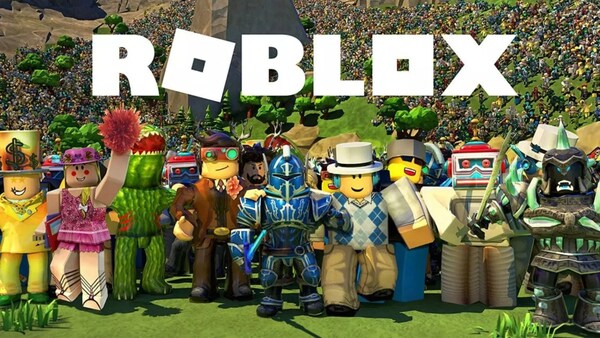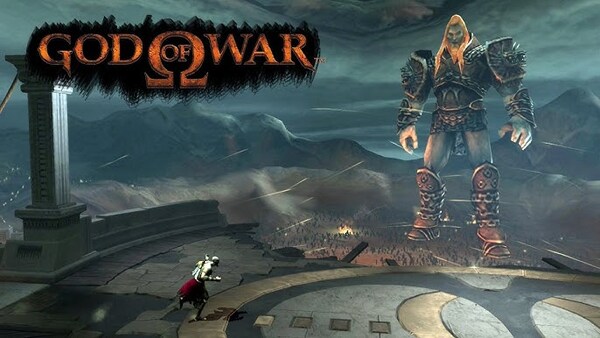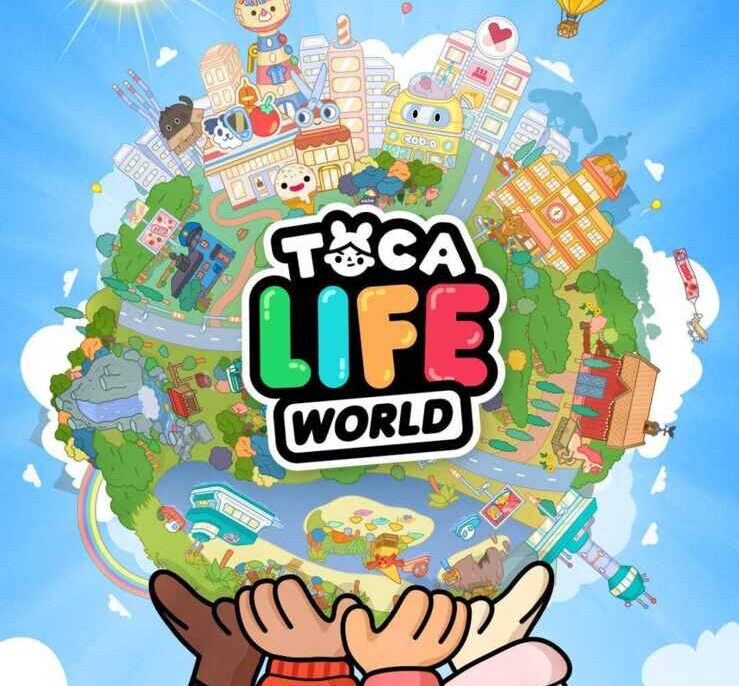
Toca Boca World
Popular Now
Introduction
Toca Life by Toca Boca has been a popular, child-friendly game series known for its creativity and open-ended gameplay. However, the introduction of in-app purchases (IAPs) in Toca Life: World has raised concerns among parents about the impact of monetization on the child experience. This article explores how IAPs affect gameplay, progression, and the concerns they create.
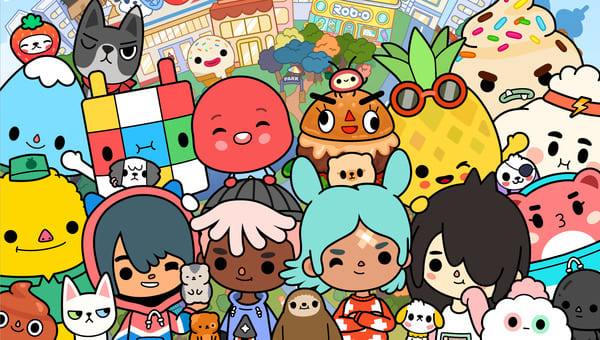
The Rise of Toca Life
Creative Freedom and Safe Play
Toca Life games were initially designed for children to explore and create in safe, ad-free environments. The open-world format encourages imagination, with no pressure to win or lose.
Appeal to Parents
The game gained popularity for offering a secure, non-commercialized experience, with no in-game ads or hidden costs, making it an appealing option for parents.
Introduction of In-App Purchases
A New Monetization Model
Initially a premium app, Toca Life evolved to include IAPs, particularly in Toca Life: World. While the base game is free, additional areas and characters require purchases.
Transition to Freemium
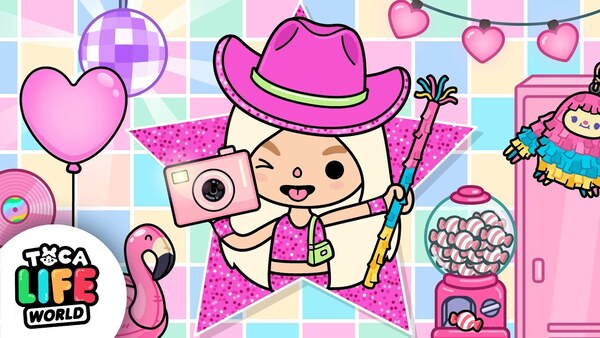
The shift to a freemium model has sparked debates about the impact of monetization, changing the game's dynamic from open-ended play to pay-to-progress.
Parental Concerns
Impact on Children
Parents worry about accidental purchases and the pressure for children to buy additional content. Despite efforts to control spending, the temptation to unlock new features remains strong.
Parental Controls
Although in-app purchase controls exist, managing spending can be difficult, and many parents find it challenging to prevent excessive purchases in the game.
Pay-to-Progress Issues
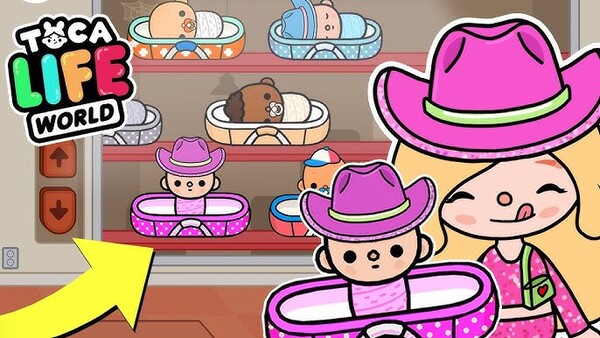
Exclusivity and Frustration
The gating of content behind IAPs creates a "pay-to-progress" experience, making the game less accessible for players who cannot or do not want to make purchases.
Pressure on Players
While Toca Life remains creative, the need to pay for additional content undermines the free exploration that made the game appealing in the first place.
Toca Boca’s Response
Transparency and Parental Guidance
Toca Boca has made efforts to improve transparency regarding pricing and offer better parental control options, though the core issue remains the gating of content.
Balancing Monetization and Creativity
Despite these efforts, concerns about the long-term effects of IAPs on children’s spending habits continue to linger, highlighting the need for a better balance.
Ethical Implications
Child Psychology and Monetization
The use of IAPs in children's games can exploit vulnerable players, encouraging spending habits that children may not fully understand, affecting their relationship with money.
Long-Term Effects
Children who engage with Toca Life may develop expectations around in-app purchases, altering their understanding of value and digital transactions.
Potential Solutions
More Free Content
Offering more free content within the game would reduce the pressure to buy expansions and help maintain the game’s original ethos of creative freedom.
Improved Parental Controls
Providing better tools for parents to monitor spending and manage content restrictions would help alleviate some concerns about accidental or excessive purchases.
The Future of Toca Life
Alternatives to IAPs
Other games are moving toward subscription models or one-time purchases, and Toca Life could explore similar approaches to offer a complete experience without relying on IAPs.
Ethical Monetization
Toca Boca faces the challenge of balancing profitability with ethical gameplay, and must consider more sustainable monetization strategies to maintain the integrity of the series.
Conclusion
While Toca Life remains a creative, fun space for children, the introduction of in-app purchases has complicated the experience. While Toca Boca has made efforts to address these issues, a more balanced and ethical approach to monetization is necessary to ensure the game remains accessible and child-friendly.















